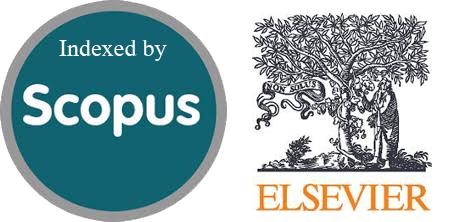The Use of Cyclin-Dependent Tyrosine Kinase 4/6 (CDK4/6) Inhibitors in Breast Cancer
DOI:
https://doi.org/10.54133/ajms.v3i.79Keywords:
Breast cancer, CDK4/6 inhibitors, Endocrine therapy, Pre and post-menopausal womenAbstract
Breast cancer has the highest prevalence of all cancers in females, with roughly 2.26 million new cases diagnosed and an estimated 0.68 million deaths/year. Hormone receptor-positive (HR+) or human epidermal growth factor receptor-negative (HER2-) illness affects the vast majority of patients with metastatic breast cancer (MBC). Endocrine therapy (ET) with aromatase inhibitors (AIs) is the preferred first-line choice for this subpopulation. However, because most patients developed tolerance to these medications, demand for alternate endocrine regimens has surged. Inhibition of cyclin-dependent kinase 4 and 6 (CDK4/6) is proving to be a success in resistant patients as well as a first-line treatment. This review article highlights the current indications for CDK4/6 inhibitors in breast cancer that have been approved by the FDA. The literature search was confined to the years 2015 to 2020, and 27 articles and 6 studies were chosen for further research from a large number of publications. In hormone receptor-positive, HR RC+, HER2- advanced or metastatic breast cancer (ABC/MBC) patients, the use of currently available CDK4/6 inhibitors, either alone (abemaciclib) or in combination with endocrine therapy (Palbociclib and Ribociclib), showed a beneficial effect when compared to endocrine therapy alone. The use of CDK4/6 inhibitors resulted in longer progression-free survival (PFS), greater clinical benefit rates (CBR), and an overall response rate (ORR), as well as an overall survival (OS) advantage in patients previously treated with endocrine treatment (ET).
Downloads
Downloads
Published
How to Cite
Issue
Section
License
Copyright (c) 2022 Al-Rafidain Journal of Medical Sciences ( ISSN: 2789-3219 )

This work is licensed under a Creative Commons Attribution-NonCommercial-ShareAlike 4.0 International License.
Published by Al-Rafidain University College. This is an open access journal issued under the CC BY-NC-SA 4.0 license (https://creativecommons.org/licenses/by-nc-sa/4.0/).











